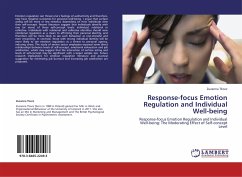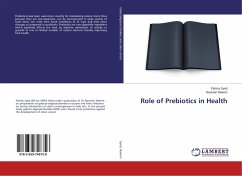In order to sustain growth and improve competitiveness, a second generation of reforms has been launched to help Croatia's successful integration in EU and global markets. A cornerstone of this reform agenda is the implementation of product market policies that are less restrictive of competition, to enable firms to put resources to their most efficient use.Adoption of pro-competitive product market policies would enhance Croatia's ability to converge to higher income levels. This paper uses a number of benchmarking tools to assess the extent to which Croatia's product market policies are restrictive of firm rivalry, entry and exit. This is done by benchmarking various dimension of the Croatian regulatory framework to a best practices worldwide, and, more specifically across the OECD and the European Union.
Bitte wählen Sie Ihr Anliegen aus.
Rechnungen
Retourenschein anfordern
Bestellstatus
Storno








